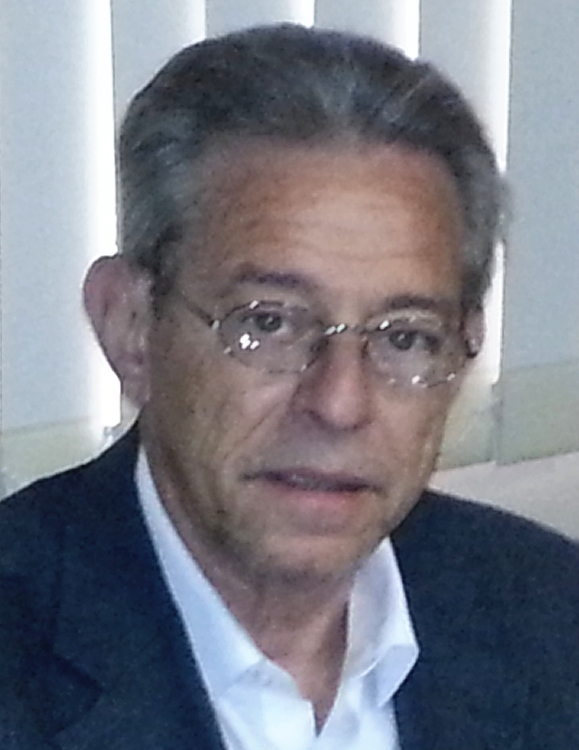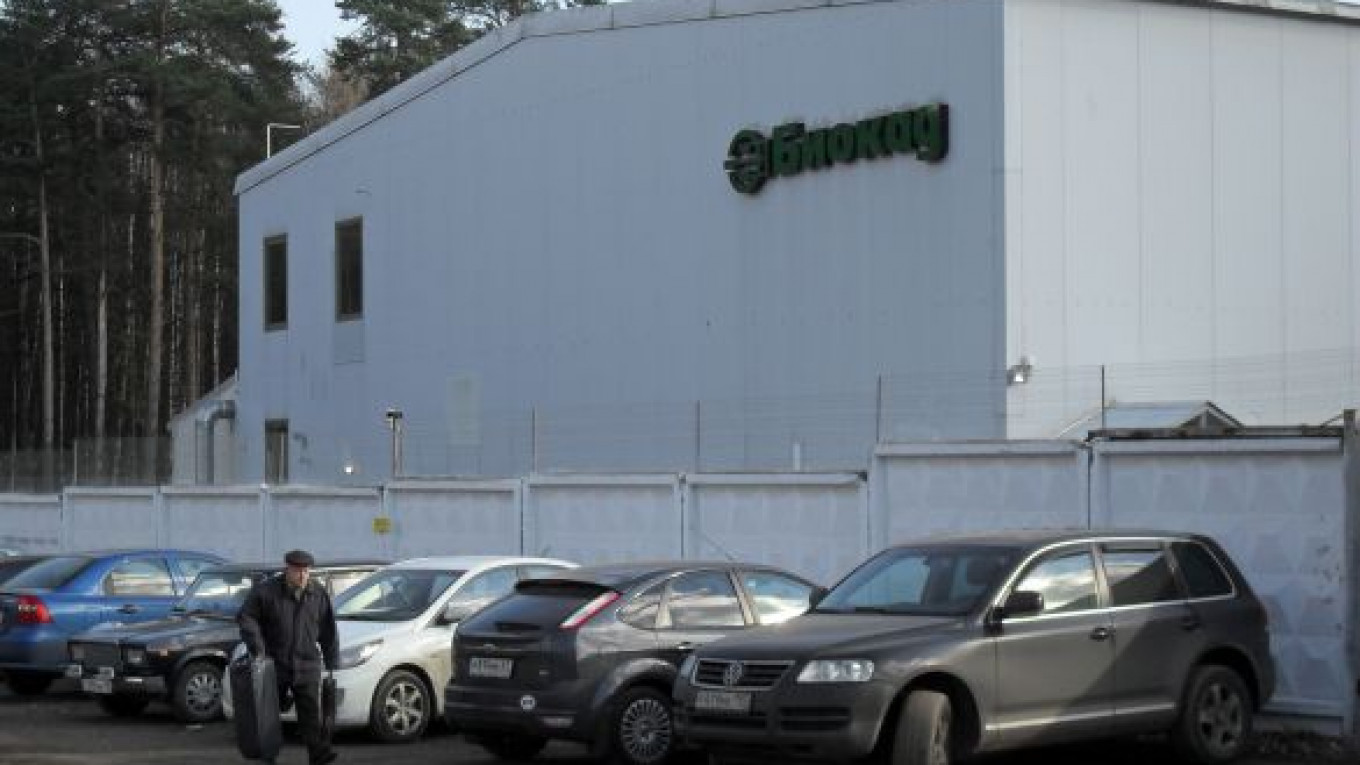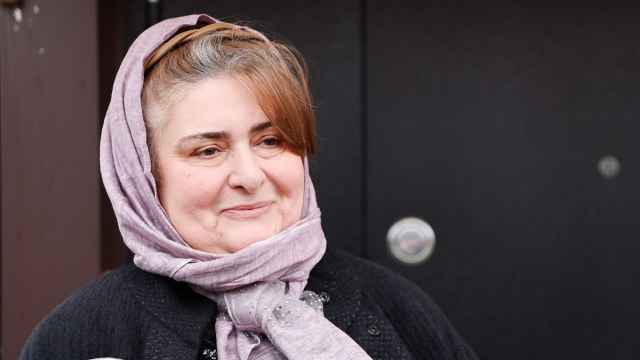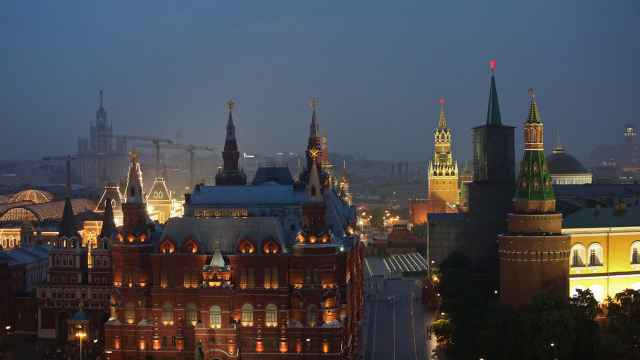SAO PAULO, Brazil — With Brazil sharply boosting its spending on medicine for public health programs, a Russian biopharmaceutical company has decided to make its first international foray in the South American country.
The St. Petersburg-based Biocad Pharmaceutical Company will open a $40 million facility to produce generic versions of a cancer-fighting drug and two other medicines in the southern Brazilian state of Parana in 2015, David Zylbergeld, the company's CEO in Brazil said.
Part of the financing for the project to make the biosimilars, as genetic drugs are called in the pharmaceutical industry, will come from the Brazilian state-owned bank Banco Nacional de Desenvolvimento EconЩmico e Social, or BNDES, Zylbergeld said in an interview.
"I cannot yet reveal the sum that we are seeking from the BNDES, but our proposal will be approved without problems," he said.
He added: "We are entering a strategic area for the government, which is to supply the poor with biosimilars for cancer treatment that also represent lower costs to the public purse."
 David Zylbergeld
David ZylbergeldZylbergeld said the desired state financing was small compared to several other projects approved by the bank, and he noted that the bank has a track record of unhesitatingly backing proposals that create new jobs and develop the skills of the country's workforce.
The Biocad facility will produce the cancer-fighting trastuzumab, as well as pegylated interferon against rheumatoid arthritis, and rituximab to combat hepatitis type C.
Last year, the Brazilian government spent about $200 million toward acquiring those three drugs, both from the local market and through imports, Zylbergeld said.
In all, the government spent $2.8 billion on public medicine in 2012, and it has pledged to boost the spending to nearly $14 billion by 2016, a year after the Biocad facility opens. Zylbergeld said it was unclear how much money the Health Ministry would allocate toward the three drugs under the expanded spending plan.
Biocad, which was founded in 2001 and is controlled by Gazprombank, has been moving aggressively into the Brazilian market this year. In June, it signed an agreement with a leading Brazilian state pharmaceutical company, the Technology Institute of Parana, or Tecpar, to produce the anticancer drug bevacizumab, which is known commercially as Avastin and came up for grabs when Swiss giant Roche's patent expired in 2012.
The government currently spends $30 million per year on bevacizumab.
Tecpar and Biocad declined to say how much drug sales would be worth or how they would split the sales revenue, citing a confidentiality agreement.
But Tecpar president Julio Felix called the deal a win-win for both sides.
"It is advantageous for Biocad because Tecpar will cover all the costs of the production unit," Felix said in an interview. The Russians will provide the technology and train Brazilian workers how to use it.
The agreement was approved under a national program to encourage public-private partnerships for the development and production of generic drugs, especially those with biological content like the ones produced by Biocad. Brazil now has 14 partnership projects between public and private companies.
Synergies from the Tecpar partnership will be employed in Biocad's new facility, said Zylbergeld. The facility will be constructed in Maringa, the same city where Tecpar will build a plant to handle the production of bevacizumab, along with other drugs.
"Russian and Brazilian technicians will have flexibility moving between the two units," Zylbergeld said.
Biocad's decision to make its first global investment in Brazil signals the growing clout of a Russian industry looking to expand beyond Russia's borders. Biocad, which maintains facilities in St. Petersburg and the Moscow region town of Petrovo-Dalnee, is co-owned by founder Dmitry Morozov along with Gazprombank, which bought its controlling stake for some $250 million in 2011.
Read our 2002 interview with Biocad founder Dmitry Morozov here: Capitalizing on Soviet Expertise
Biocad also may be looking for a foreign buyer. It has hired U.S. financial services firm William Blair and Company to find a buyer willing to pay $750 million to $1 billion for the firm, Bloomerg reported in late June. U.S. pharmaceutical firms Pfizer and Amgen are among the interested bidders, the report said, citing unidentified people familiar with the private talks.
In Brazil, a number of international players, including Roche, Pfizer, India's Torrent and several Chinese companies, have expressed an eagerness to take advantage of state incentives for the local production of biopharmaceuticals. Selling to the government has its advantages. In addition to guaranteed purchases and payments, there are no additional costs for marketing and retail services.
Biocad also is looking beyond Brazil and is currently carrying out studies on the feasibility of setting up a facility in Argentina, Zylbergeld said. "But we will begin to be global in Brazil," he said.
Contact the author at [email protected]
A Message from The Moscow Times:
Dear readers,
We are facing unprecedented challenges. Russia's Prosecutor General's Office has designated The Moscow Times as an "undesirable" organization, criminalizing our work and putting our staff at risk of prosecution. This follows our earlier unjust labeling as a "foreign agent."
These actions are direct attempts to silence independent journalism in Russia. The authorities claim our work "discredits the decisions of the Russian leadership." We see things differently: we strive to provide accurate, unbiased reporting on Russia.
We, the journalists of The Moscow Times, refuse to be silenced. But to continue our work, we need your help.
Your support, no matter how small, makes a world of difference. If you can, please support us monthly starting from just $2. It's quick to set up, and every contribution makes a significant impact.
By supporting The Moscow Times, you're defending open, independent journalism in the face of repression. Thank you for standing with us.
Remind me later.






